The idea that you can build an app in one place and then deploy it across multiple clouds is an enticing one. That’s why multi-cloud solutions are on the rise today. They promise to help developers in expanding their cloud portfolios and battle for the industry’s attention.
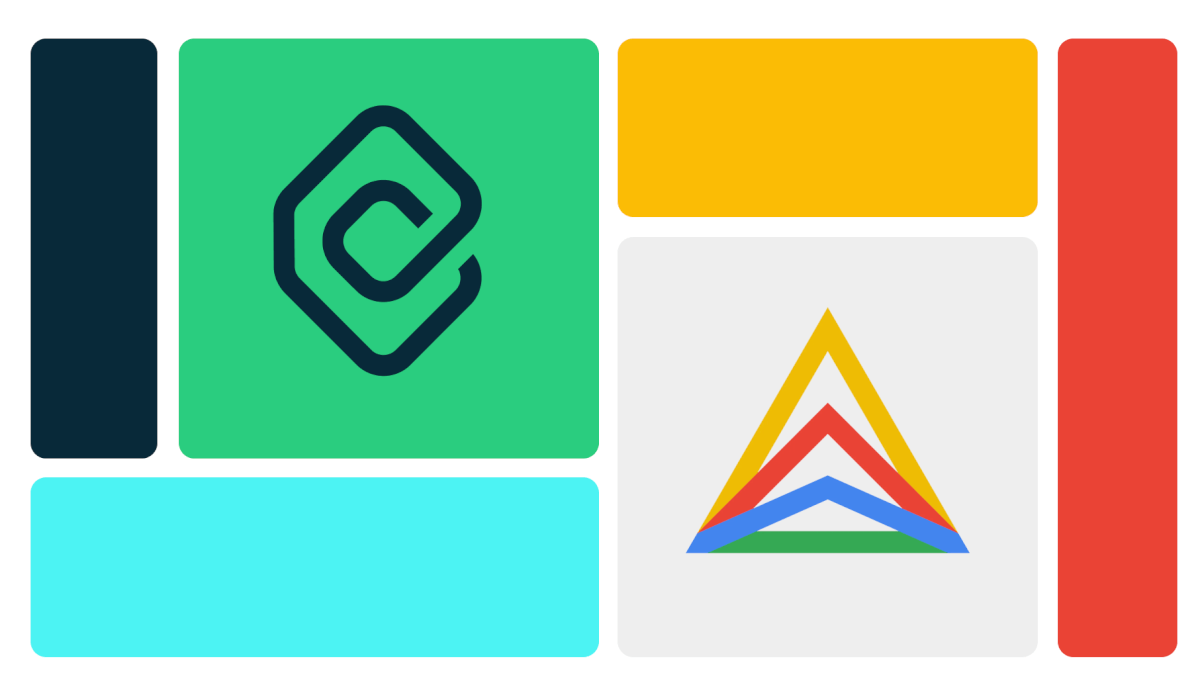
If you’re looking for the right managed service that makes multi-cloud possible, we’ve got something for you. Here’s a detailed comparison of Google Anthos and CAST AI showing you two completely different multi-cloud approaches.
While Google Anthos uses a more complicated approach and you need to create a cluster for each cloud, CAST AI offers a more advanced way to solve this multi-cloud riddle – one cluster spread across multiple clouds.
Google Anthos vs. CAST AI – feature comparison
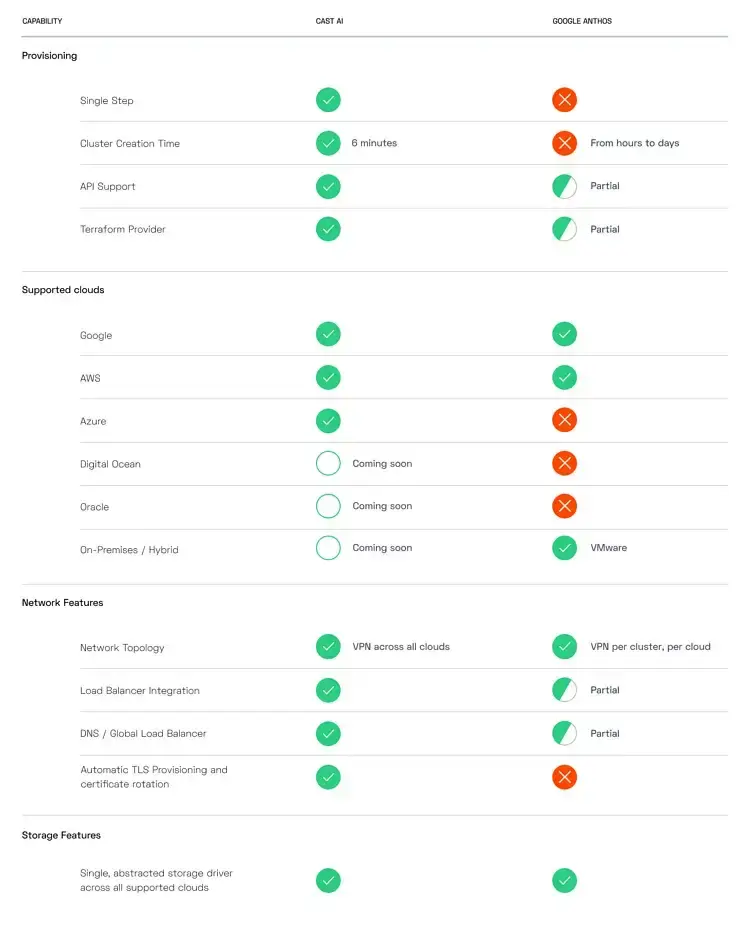
Google Anthos: one cluster on a single cloud, one tool for 3 clouds
Anthos is Google’s new managed service offering for multi-cloud environments launched in 2019. Apart from access to multiple clouds, it offers hybrid cloud infrastructures or even a combination of on-premises and cloud-based functionalities.
Anthos is a meta-service that groups Kubernetes clusters by configuration and policy. Every cluster is independent – it has its own control plane, points of ingress, deployments, and configurations. This means that developers must continuously synchronize the clusters.
However, Anthos comes with cloud environments that are configured and may behave in a drastically different manner. While using Google, it offers a mostly streamlined experience. But try it on AWS or on-premises setup, and you’ll see that management is hard to automate. It requires ample knowledge of the destination cloud.
CAST AI: one cluster on many clouds, unified multi-cloud for 3 clouds
When you create a multi-cloud cluster with CAST AI, you get a single logical Kubernetes cluster connected across multiple cloud services. The solution creates a virtual multi-cloud private network using your VPN of choice or direct fiber connectivity between clouds.
CAST AI abstracts away the differences between compute, network, ingress and load balancing, and storage. As a result, you get an open and non-proprietary Kubernetes implementation for immediate production purposes.
What about cost optimization?
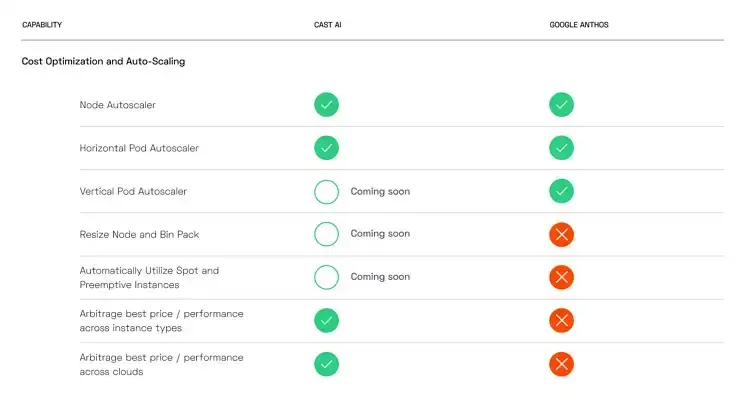
CAST AI has a heavy focus on optimization and cost of operation. Similar to GKE, CAST provides a set of out-of-the-box auto-scalers. Scaling a CAST AI cluster is controlled through customer defined policies. The CAST AI cost optimization engine focuses on ensuring that the best possible compute instances are used for currently deployed workloads. This includes the use of spot and preemptive instances when they are available to lower overall costs.
CAST AI’s multi-cloud solution does not require a special configuration management / synchronization service because of the One Cluster approach. Configurations are synchronized across clouds utilizing the underlying etcd data store that naturally supports multiple distributed master nodes.
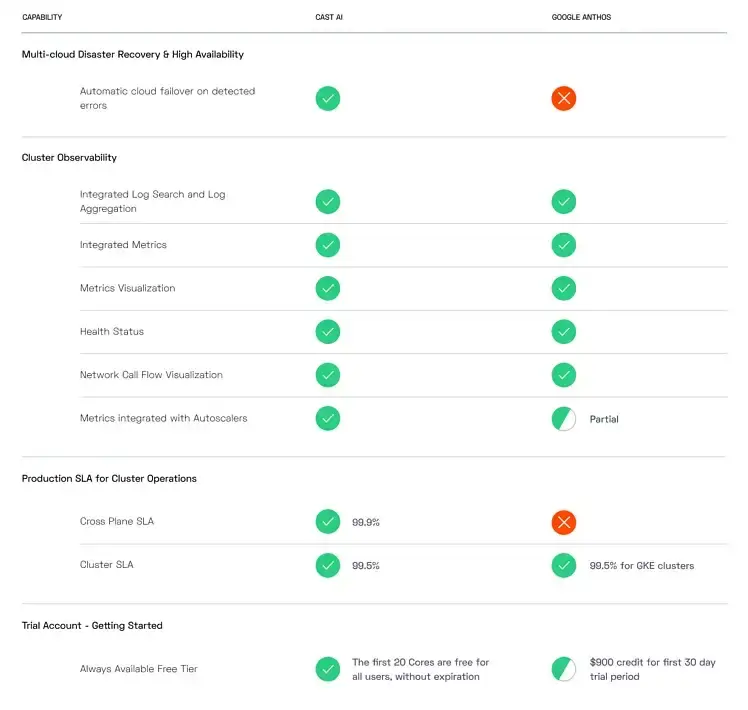
One cluster spread across multiple clouds is a more evolved approach to multi-cloud. Dealing with a single multi-cloud cluster is easier than having to constantly synchronize your clusters and only taking advantage of common configuration or policies.
Multi-cloud doesn’t have to be hard. Explore your options and try out CAST AI here.
We’re offering free cloud credentials to help you build your first multi-cloud clusters and play around with our infrastructure for a limited time. Just join our community on Slack.
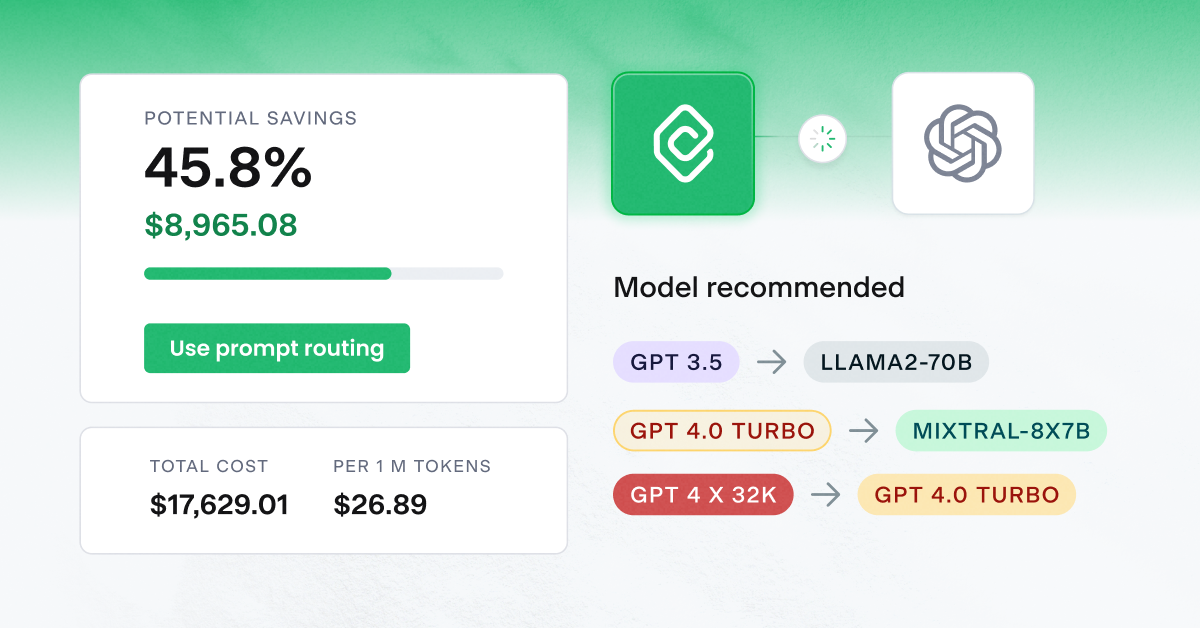

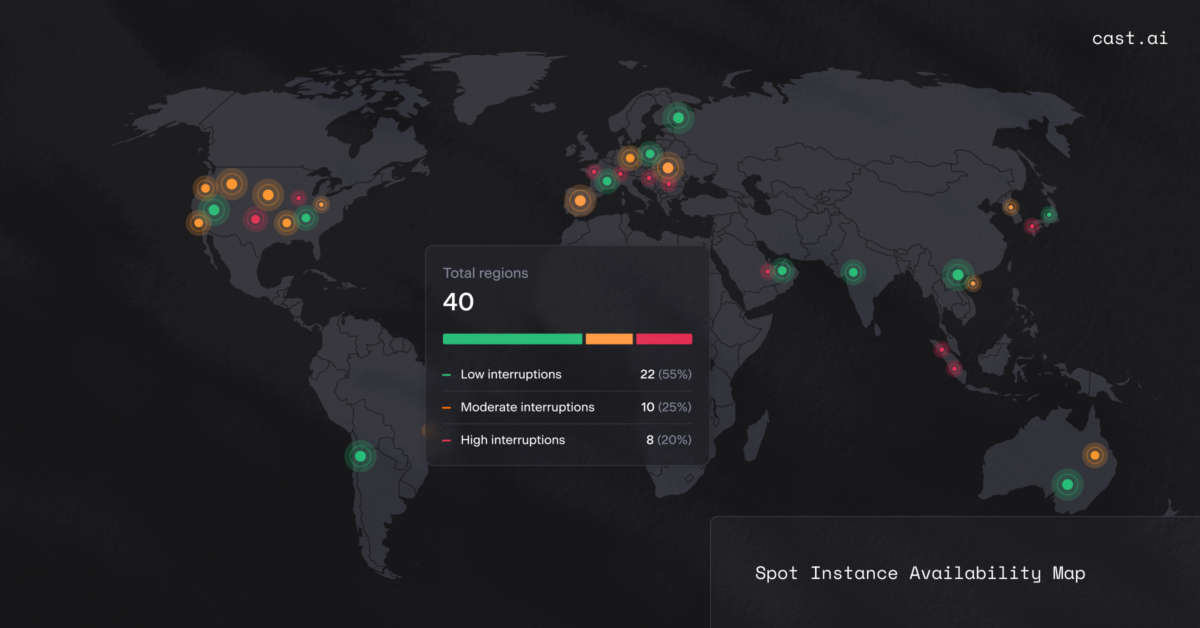


Leave a reply